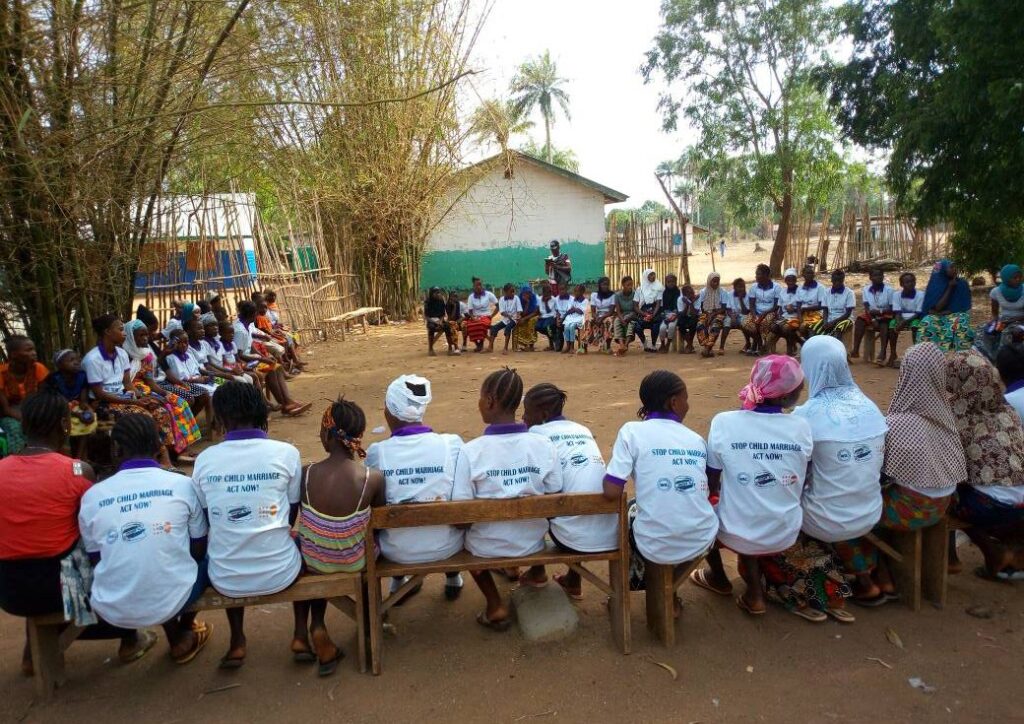A shadow economy thrives in Nigeria, fuelled not by entrepreneurs or traders but by bandits. Northwest and northcentral Nigeria are hotbeds for such actors. These armed groups have established quasi-governments, imposing taxes on vulnerable communities, adding an economic stranglehold to the existing reign of terror. These “taxes” are often enforced with brutal violence or threat of it, compelling compliance through fear. The sums demanded can range from a few thousand naira to several million, irrespective of the community’s perceived wealth. Failure to pay can result in abduction, destruction of property or even death. Most recently, residents of Torough community in Ukum Local Government Area of Benue State were slammed with a ₦20 million tax, prompting them to sell off their farm produce to raise funds. This “bandit tax” disrupts livelihoods, weakens the state’s authority, and threatens to fester into a full-blown criminal insurgency.
While this extortionate practice is not new, it escalates, raising urgent questions about the state’s capacity to military-grade hardware and target villages dependent on agriculture and livestock. Their modus operandi involves surrounding a community, issuing threats, and demanding exorbitant sums—often a significant portion of the harvest or herd. Failure to comply is met with violence, including kidnapping, mutilation, and even death. Disturbingly, the bandits’ taxation system is highly organised. Reports indicate that these groups maintain detailed records of their “taxpayers” and employ scouts to monitor and enforce collections. This systematic approach underscores these criminal enterprises’ sophistication and deep entrenchment in the rural economy.
The practice of bandit taxation carries dire security implications. By extorting money from communities, bandits effectively weaken their trust in the state’s ability to provide protection. This fosters a dangerous environment where the rule of law crumbles and bandit authority reigns supreme. Incapable of guaranteeing safety, the legitimacy of official institutions is undermined, further emboldening these criminal groups. Seeing the state’s inability to provide security or justice, communities may increasingly turn to these groups for protection, further entrenching the bandits’ power. The extorted funds then fuel a vicious cycle – bandits use this newfound wealth to finance more violence, acquire better weaponry, and expand their territorial influence. This fosters a climate of fear and instability, displacing communities and hindering any prospect of long-term peace.
The economic impact of bandit taxes is equally devastating. Farmers and herders, already struggling with the harsh realities of climate change and volatile market prices, are forced to surrender a significant portion of their hard-earned income. This stifles agricultural production, the lifeblood of many communities. With reduced resources, farmers cannot invest in seeds, fertilisers, or proper storage facilities. This output decline directly impacts food security, pushing communities closer to the brink of hunger. Furthermore, as markets in affected areas experience a decrease in purchasing power due to extortion, local economies are weakened. This creates a stagnant environment where essential goods become scarce, and economic opportunities dwindle, further deepening the cycle of poverty. In essence, bandit taxes create a perfect storm of insecurity and economic hardship. By eroding trust in state institutions and crippling local economies, they exacerbate existing vulnerabilities and hinder any path towards sustainable development.
Eradicating the “bandit tax” demands a comprehensive strategy that tackles the problem from multiple angles. At its core lies a robust security response. This means bolstering military presence in affected regions to disrupt bandit operations and deter future extortion attempts. However, security goes beyond firepower. Enhanced intelligence gathering is crucial to anticipate bandit movements and proactively thwart attacks. Additionally, building resilience within communities is equally important. Supporting self-defence initiatives, with a strong emphasis on legal compliance, equips residents to resist banditry. Furthermore, fostering social safety nets, such as food security programs and economic development initiatives, can address underlying vulnerabilities that make communities susceptible to bandit recruitment.
Another crucial step is to address the root causes that fuel banditry. Many bandits are unemployed youth enticed by the promise of quick money. Investing in education and job creation programs provides alternative pathways, offering a future beyond banditry. Poverty reduction efforts further diminish the allure of this violent livelihood. Furthermore, disrupting the flow of illegal weapons is essential. Porous borders and weak law enforcement enable bandits to acquire sophisticated weaponry, escalating the violence. Strengthening border security and bolstering law enforcement capacity are vital to cut off their supply chains and prevent further armament. The bandit tax is a symptom of a wider malaise. Addressing this menace requires a concerted effort that combines immediate security interventions with long-term developmental strategies. As Nigeria grapples with this crisis, the stakes are high: the very fabric of its rural economy and the legitimacy of its state are on the line. The Nigerian government must act decisively and restore order and hope to its beleaguered citizens.



